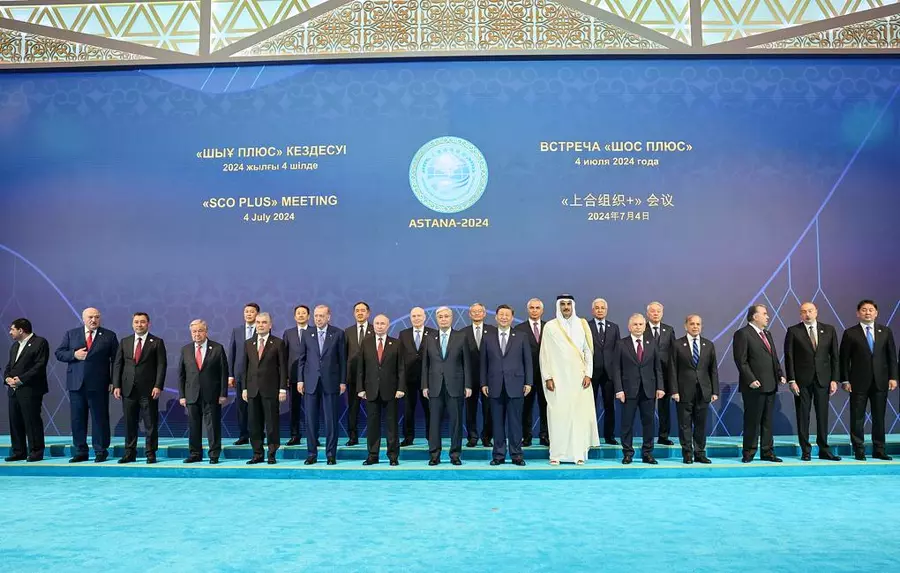The Venezuelan presidential election on October 10 is expected to be a closely watched event both domestically and internationally. President Nicolas Maduro, who has already vowed that the day after the election he will sign a decree on launching national dialogue with the opposition on contested issues, is likely to believe he has the election in the bag. However, experts noted that regardless of who wins the election, civil unrest is a real possibility in the country.
With regard to Russia, there is no consensus among the opposition as to how to move forward with bilateral relations. Opposition stalwart Juan Guaido and his political mentor Leopoldo Lopez used to say that Venezuela must observe its international obligations, including with regard to Russia. However, the more radical part of the opposition thinks that many concluded contracts must be reconsidered, which could lead to a difficult situation for Russia.
In other news, a meeting of 15 political parties and movements for the independence of Corsica, Melanesia, Polynesia and a group of Caribbean and Antilles islands, affected by French colonialism, kicked off in Azerbaijan’s capital on July 17. The event is organized by the People’s Union for the Liberation of Guadeloupe with support from the Baku Initiative Group and will run for two days.
The meeting of separatist movements in Baku is the response of the Azerbaijani government to France’s policy in the Caucasus, which has adopted an extremely anti-Azerbaijani stance after Armenia’s defeat in the second Karabakh war in 2020. Despite Baku promoting the primacy of territorial integrity in international politics, this principle is inapplicable with regard to French overseas territories, which are the remnants of the French colonial empire.
Iran has disclosed the preliminary details of its agreement on gas supplies with Gazprom signed in June. According to Iranian Minister of Oil Javad Owji, the contract is for 30 years and stipulates a volume of up to 300 mln cubic meters per day or about 110 bln cubic meters annually. This is approximately 45% of Iran’s current gas consumption, almost covered by its own production but restricted by sanctions in re-export. It is planned to build a pipeline over the Caspian Sea which will require coordination with Turkmenistan, Azerbaijan and Kazakhstan.

